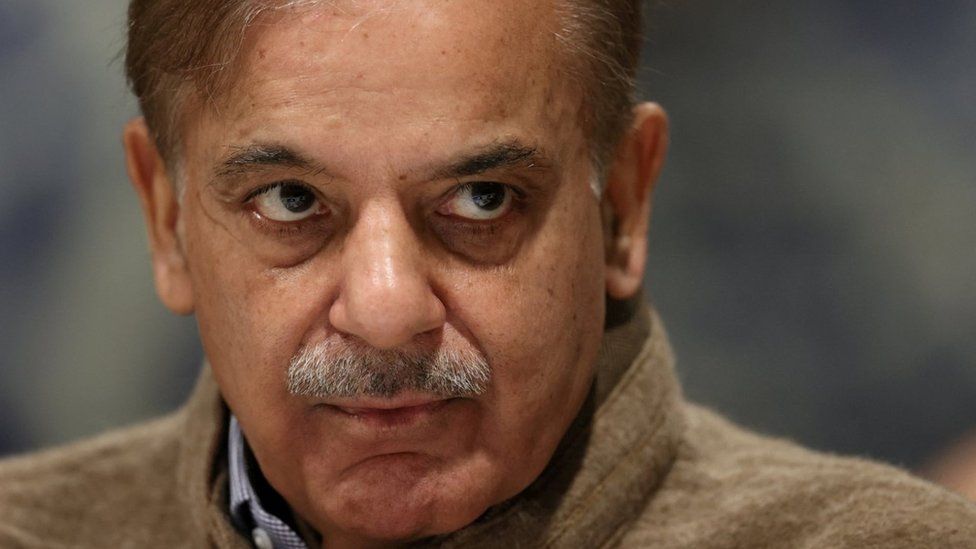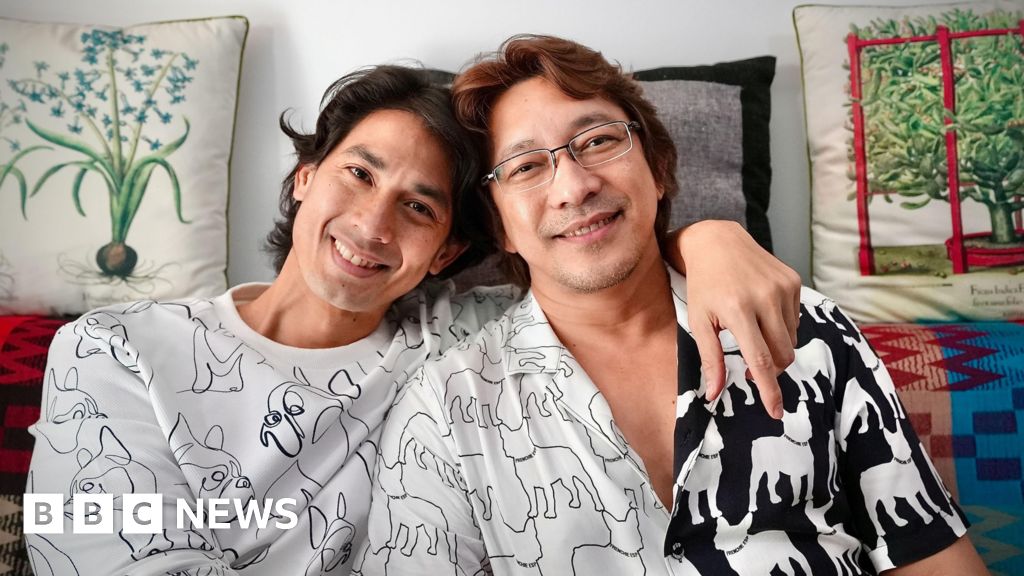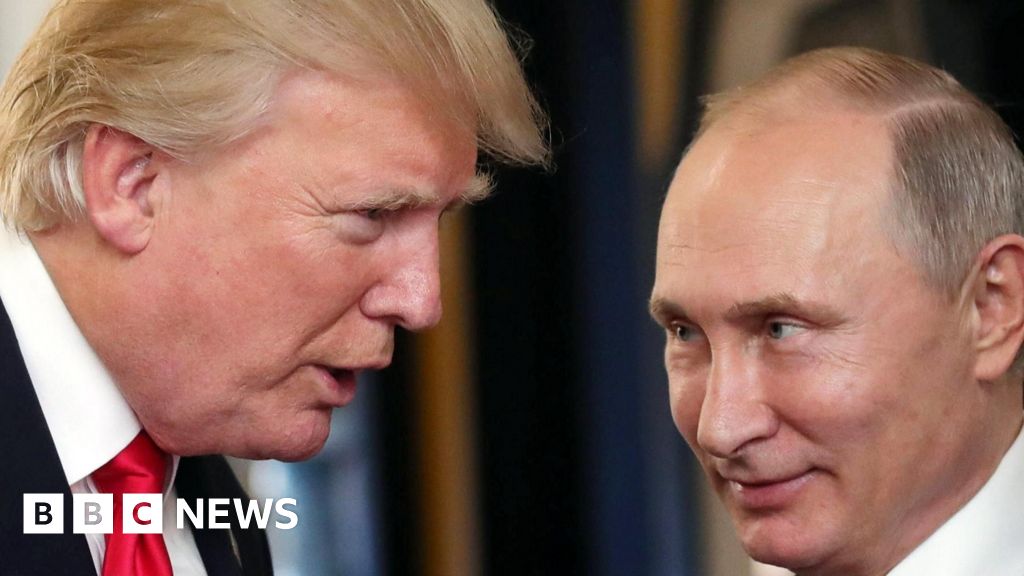ARTICLE AD BOX
 Image source, Reuters
Image source, Reuters
Shehbaz Sharif first became PM in 2022 after Imran Khan was ousted
Pakistan's newly formed parliament has elected Shehbaz Sharif as prime minister for a second term.
He defeated a rival supported by jailed former Prime Minister Imran Khan.
The move comes three weeks after an inconclusive general election that was marred by allegations of intimidation and vote-rigging.
Mr Sharif's PML-N party came second in the poll. Independent candidates backed by Mr Khan's PTI won the most seats but failed to get a majority.
On Sunday, National Assembly Speaker Ayaz Sadiq announced that Mr Sharif had secured 201 parliamentary votes. He needed 169 to be elected prime minister.
His rival Omar Ayub, who was supported by Mr Khan's Tehreek-e-Insaf (PTI) party, won 92 votes.
Image source, EPA
Image caption,Supporters of Imran Khan protested outside the National Assembly before the vote
In his victory speech, Mr Sharif said that as no side had a clear parliamentary majority, it was "the democratic way" that "like-minded parties may form a coalition government".
Following last month's election, the Pakistan Muslim League Nawaz (PML-N) - headed by Nawaz Sharif, a former prime minister who is Shehbaz Sharif's brother - reached a coalition deal with the Pakistan People's Party (PPP).
In 2022 the two parties, which have traditionally been rivals, joined forces to oust Imran Khan as prime minister and install Mr Sharif as his successor.
After the assembly was dissolved last August, Pakistan was led by a caretaker government.
Image source, Getty Images
Image caption,Imran Khan says the corruption cases against him are politically motivated
Imran Khan was jailed in the run-up to the 6 February election and barred from standing.
He faces more than 150 criminal and civil charges - all of which he denies - as the authorities launched a crackdown on his party.
PTI candidates were forced to run as independents, but won more seats than any other party.

 10 months ago
27
10 months ago
27








 English (US) ·
English (US) ·